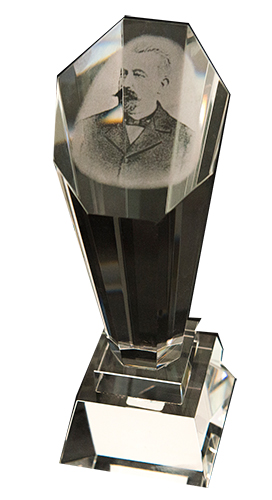
Award winners
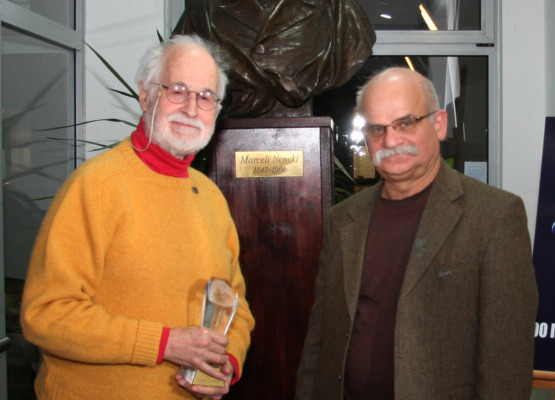
George Gerstein
The first laureate of The Nencki Award is Professor George Gerstein. George pursued his career in neuroscience at the University of Pennsylvania, where he is now Professor Emeritus. His interactions with Nencki Institute started in the sixties, when Professor Remigiusz Tarnecki was on sabbatical at the University of Pennsylvania. In the seventies several researchers from Department of Neurophysiology of Nencki Institute worked as postdocs in Georges’ laboratory. Then he spent a sabbatical year in the Nencki Institute, bringing over 2 laboratory mini-computers, which he integrated with laboratory equipment and taught our colleagues to use and program them to control and analyze neurophysiological experiments. He regularly has remained in touch with the Nencki Institute since then, coming to scientific meetings at the Institute and being on the editorial board of Acta Neurobiologiale Experimentalis.
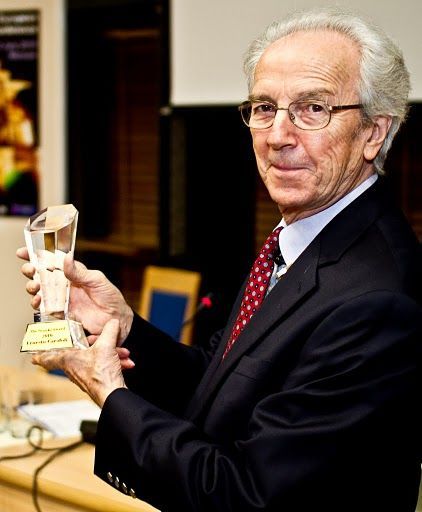
Ernest Carafoli
Professor Carafoli’s close contacts with Polish scientists date to the late 1960s when he first visited various Polish universities and research institutes under the so-called “twin cities programme” (Modena – Lublin). At that time he discovered common fields of interest with researchers of the Nencki Institute. One of the first results of this collaboration was the joint organization with Professor Witold Drabikowski of the first international conference on calcium binding proteins in Jabłonna on the outskirts of Warsaw in 1973.Ernesto Carafoli’s laboratory in Zurich hosted several researchers from the Nencki Institute, either as post-docs or short-time visitors. During the martial law in Poland (December 1981) Professor Carafoli protected and supported Polish scientists who happened to find themselves in Switzerland.
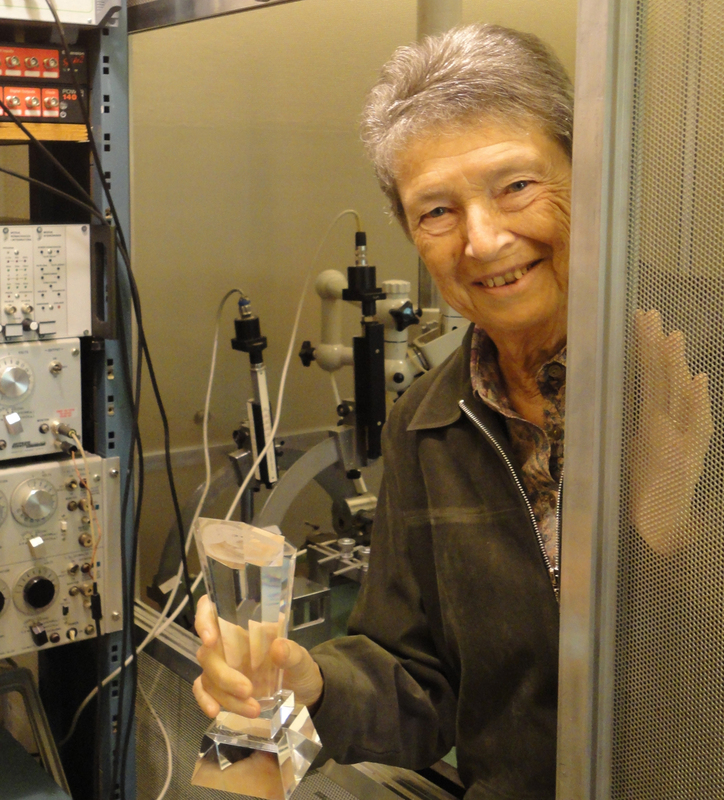
Elżbieta Jankowska
Elżbieta Jankowska is one of the most prominent specialists in the field of functional organization of the spinal cord. Her scientific career begun at the Nencki Institute, where she received her PhD and habilitation. She completed her postdoctoral training at the Marey Institute in Paris and at the University of Göteborg. She stayed in Göteborg to continue her scientific career and currently is a professor emeritus of the university. Prof. Jankowska authored over 200 scientific papers.
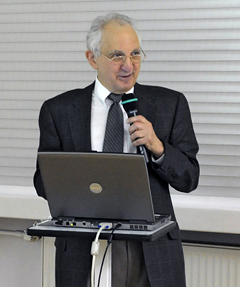
Edward Korn
The Award was presented to the Laureate by Prof. Małgorzata Kossut, the Committee Chairperson on May 28th. During the ceremony Dr. Korn presented the lecture on Myosin Then and Myosin Now. Afterwards, his former collaborators and Nencki alumni (Jacek Kuźnicki, Dorota Kulesza-Lipka, Maria Jolanta Rędowicz, Małgorzata Mossakowska i Joanna Szczepanowska) shared his memories of working in the laboratory headed by the Laureate.
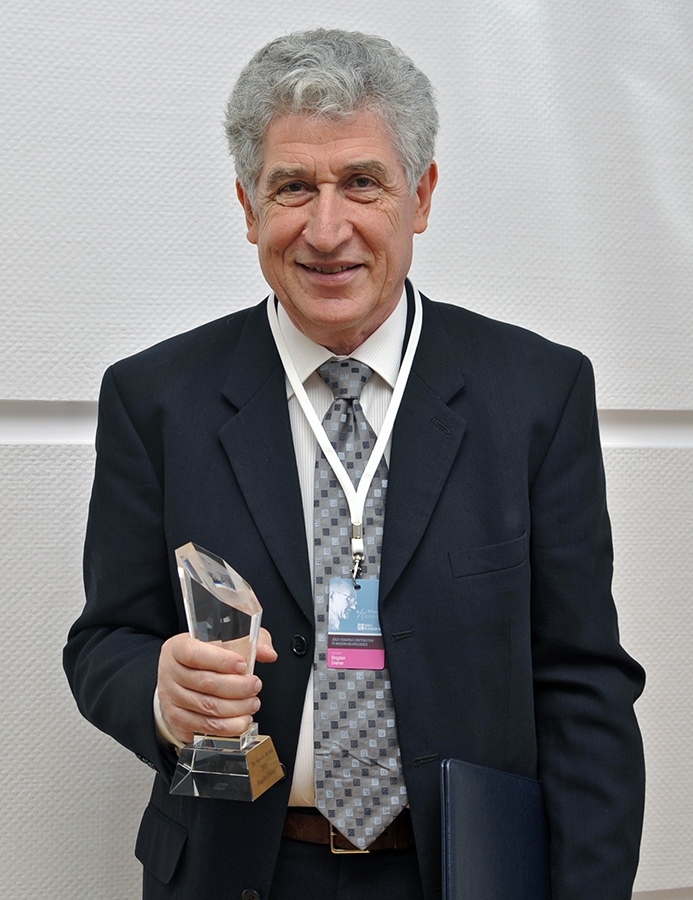
Bogdan Dreher
Professor Dreher prepared and defended his PhD thesis in Neurophysiology Department in Nencki Institute under supervision of Prof. Boguslaw Zernicki and followed up his postdoctoral training with Peter Bishop in the Department of Physiology in at Australian National University in Canberra. From 1968 he works on the University of Sydney and in 1995 he was nominated a Professor of Visual Neuroscience in the Department of Anatomy and Histology in Bosch Institute, where he leads the Laboratory of Functional Organization of Mammalian Visual System. His research is focused on the structural and functional aspects of the developing and mature mammalian visual system, mechanisms of cortical plasticity following retinal injury, and interaction of thalamic and cortical activity in the primate visual system. Professor Bogdan Dreher is a coauthor of more than 100 of journal articles and book chapters. Despite of long distance between Poland and Australia, Professor Dreher maintains close connections with the Nencki Institute hosting postdocs from the Institute and working in the board of Acta Neurobiologiae Experimentalis.
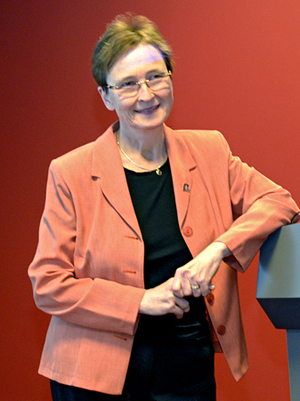
Asla Pitkänen
Professor Pitkanen is well known and respected in the field of epilepsy research. She is a leading researcher in basic epilepsy research and traumatic brain injury. She is interested in molecular mechanisms of epileptobgenesis, traumatic brain injury and brain imaging in epielptogenesis. Has published over 270 peer-reviewed articles, cited over 10 000 times. Her H index is 55. Professor Pitkanen has vivid collaboration with several groups at the Nencki Institute within the frame of European grants.
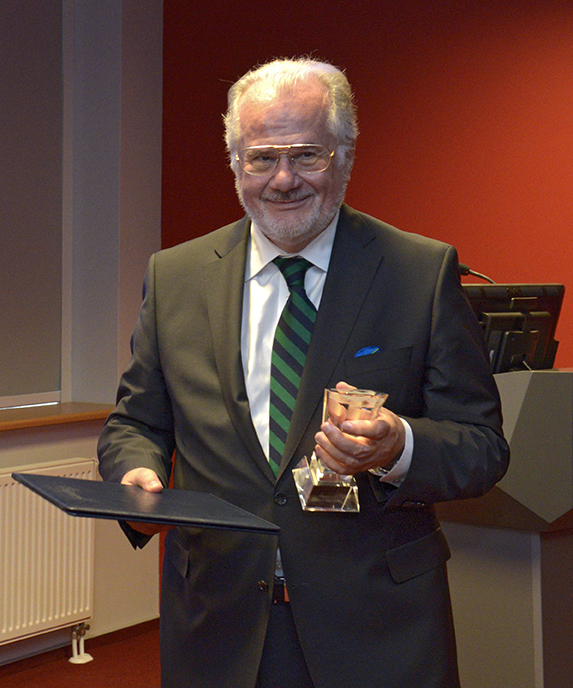
Angelo Azzi
Azzi since 1994 has been a Foreign Member of the Polish Academy of Sciences, and that his contacts with Polish science, and with the Nencki Institute in particular, go back more than 40 years. These close contacts with the Nencki Institute started in the late 1970s and led to many publications, and scientific collaboration with numerous research groups in the Nencki. Several researchers from the Nencki Institute were trained in the laboratory of Professor Azzi. This fruitful collaboration produced all together 45 collaborative publications (44 research articles and reviews and 1 book).
During particularly difficult years 1980s in Poland, Prof. Azzi was helping the Nencki Institute by supplementing precious reagents and small laboratory equipment to groups collaborating with his laboratory. He was also admitting students from the Nencki Institute to numerous advanced courses of FEBS that he was organizing, and he wrote support letters for researchers from the Nencki Institute, helping in their efforts to get outside positions, or financial support.
In the 1990s, when the political situation in Poland has changed, and when Professor Azzi formed the UNESCO Global Network of Molecular and Cell Biology (MCBN), he invited the Nencki Institute as a Polish coordinating hub of the Network. This allowed to obtain substantial financial support both from UNESCO and from the Polish State Committee of Scientific Research. The Polish MCBN was granting small research grants, fellowships and conferences support to many research groups in Poland, at the same time placing the Nencki Institute in a position of a national coordinator of new activities. All this would not have been possible without the idea, inspiration and the initial help of Angelo Azzi.
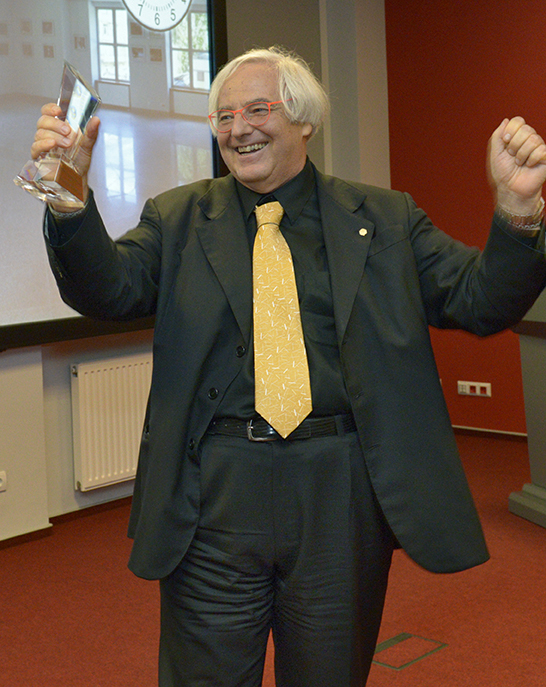
Claudio Franceschi
Professor Franceschi was the invited participant of several hundred conferences devoted to aging, some taking place in Poland. His contacts with the Necki Institute began with the cooperation with professor Ewa Sikora in 1992, when she first commenced joint research at the University in Modena, on his invitation. In the years 1992-2005, professor Ewa Sikora and her PhD students (Ewa Radziszewska-Graduszynska and Adriana Magalska), as well as the co-worker (Ewa Jaruga, PhD) repeatedly visited the studio of professor Franceschi, addressing the issues of cellular aging and cell death. Professor Franceschi made a significant substantial contribution to the organization of the program of Polish centenarians – the POLSTU initiated at the Necki Institute and coordinated by the International Institute of Molecular and Cell Biology in Warsaw. Professor Franceschi invited professor Ewa Sikora to participate in the EU Genetics of Healthy Aging project, which he coordinated and in the Bio Mark project coordinated by professor Alexandra Burkela. The cooperation has resulted in 29 joint publications in renowned international journals. Professor Franceschi has contributed significantly to the development of research on aging and longevity at the Necki Institute.
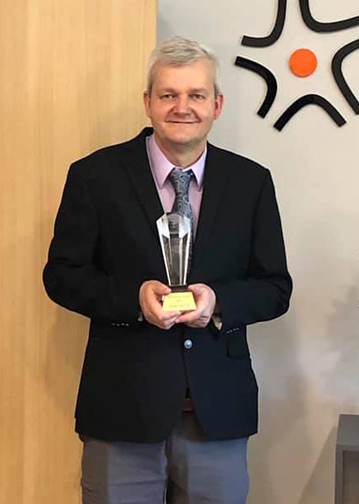
Jacek Gaertig
Professor Jacek Gaertig, from the University of Georgia in Athens, USA, has been awarded the Nencki Prize 2018.
Professor Gaertig's close relationship with the Nencki Institute began in the late 1980s, born from a cooperation with Professor Maria Jerka-Dziadosz, whose doctoral student, Izabela Strzyżewska-Jówko, spent several months in Professor Gaertig’s laboratory in Athens, learning Tetrahymena's transformation methods, which she transferred to the Institute continuing her cooperation. Other researchers from the group of Professor Stanisław Fabczak, and in recent years from Professor Dorota Włoga's group, who completed a postdoctoral internship in Professor Gaertig's laboratory, consolidated this cooperation and contributed to further internships and joint research. The Laureate emphasized in his speech, that each visit to the Nencki Institute is inspiring, and the cooperation with the next generations of biologists dealing with Tetrahymena in the Nencki Institute is very exciting.
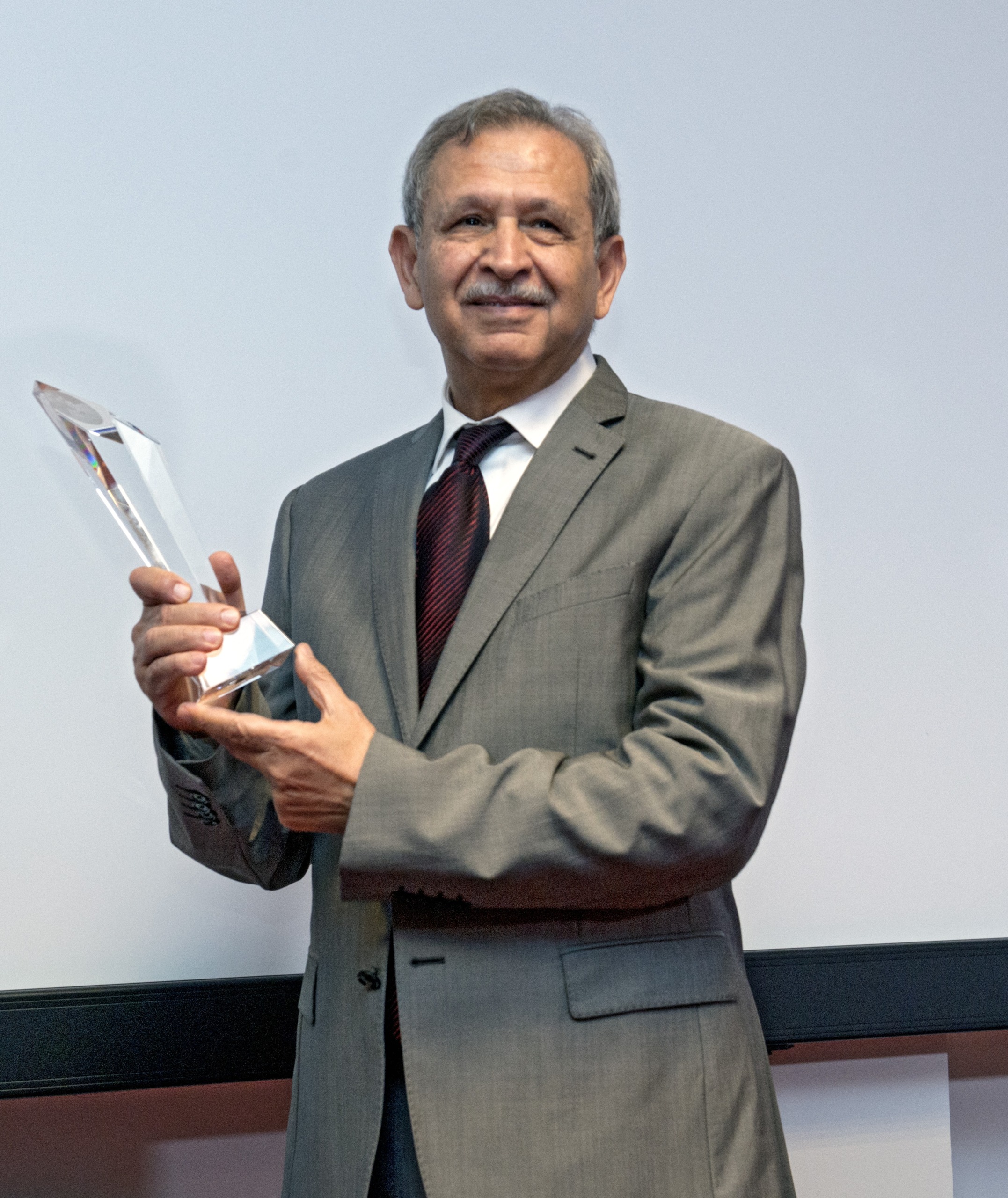
Salem Chouaib
20 maja 2022 r. po dwuletniej przerwie spowodowanej pandemią, odbył się Piknik Naukowy Instytutu Nenckiego, połączony z wręczeniem Nagrody im. Marcelego Nenckiego, przyznawanej wybitnym uczonym, z którymi łączy nas wieloletnia współpraca naukowa.
Część naukową rozpoczął wykład tegorocznego laureata Nagrody, prof. Salema Chouaib (Institute de Cancerologie Gustave Rousssy, France) zatytułowany: "Influence of hypoxic stress on anti-tumor cytotoxic response and impact on cancer immunotherapy".

